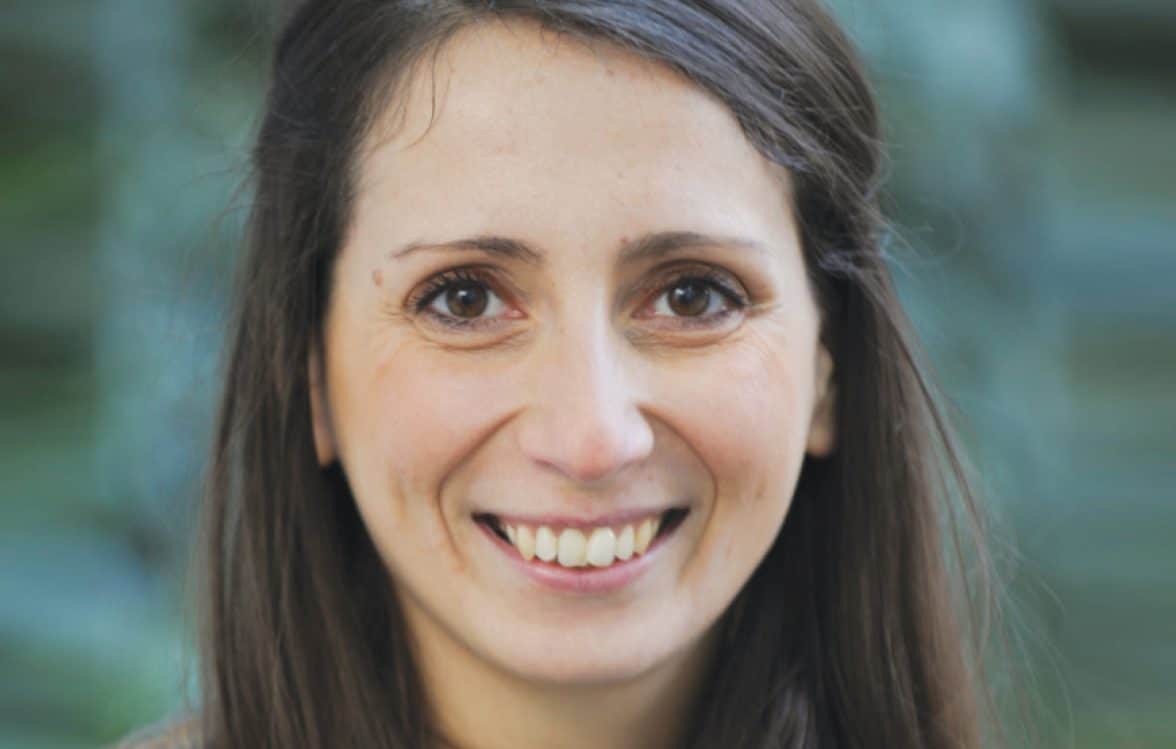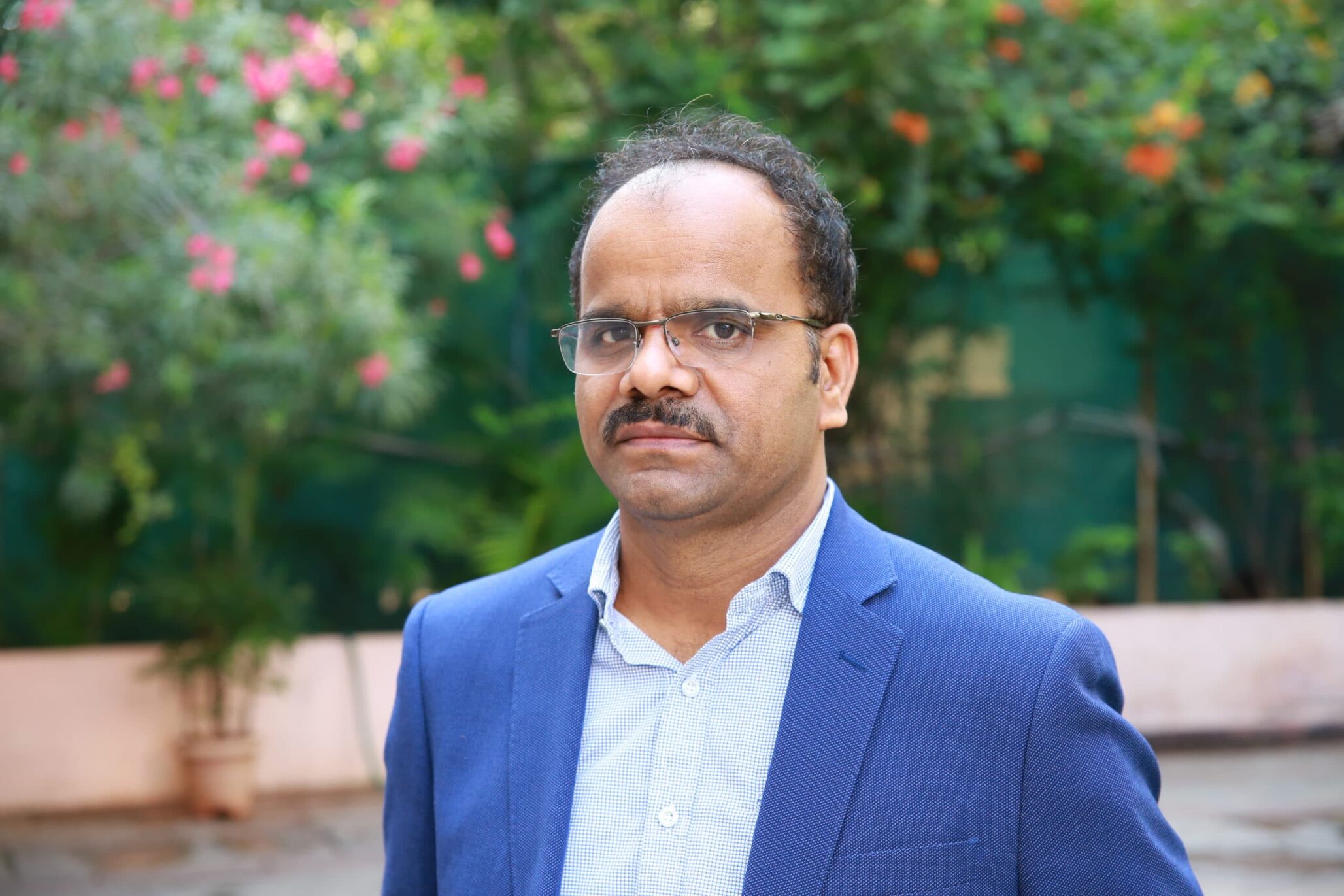Will Expo discussions affect the decisions of tomorrow?
Last year, the Italian city Milan hosted the 2015 World Expo dedicated to the theme ‘Feeding the Planet, Energy for Life’.
Twenty-one million people visited Expo, its 54 pavilions, and nine thematic clusters from 1 May 2015 to 31 October. The Expo themes focused on innovative solutions to future food and nutrition security challenges. From the French pavilion’s theme, ‘Different Ways of Producing and Providing Food’, to the United Arab Emirates’, “Food for Thought: Sharing the Future’, each country had the opportunity to present different farming and food production systems to address food-related issues, from famine to food waste.
In addition, the Commission held several conferences during the months of Expo in the European Union’s pavilion. The majority of seminars were organised by the Commission’s Joint Research Centre, which also led the coordination of the EU Scientific Programme for Expo Milano 2015’s Steering Committee. The main message proposed by the EU pavilion was food security can be obtained by innovation and tradition, and strong collaboration between science and agriculture.
It was an occasion to reflect on relevant questions about food security and efficient and sustainable food production. Nowadays, Food and Agriculture Organization data about population growth and the need to increase food production are the most quoted statistics on related issues at any level, institutional conferences, public debates, or dedicated television programmes. It is clear it is essential to make use of any significant opportunities to successfully address this challenge and the potential roles of the different players involved—Member States, scientists, industry and society.
Millions of people visited Expo, but were they really offered answers to the main theme of feeding the planet? Many countries decided to use the world fair to portray their excellence in terms of agriculture and food production. This made a nice travel around the world through diverse tastes and cultures; however, it was easy to forget about the challenges of feeding a growing world population and making food accessible to everyone.
In this framework, the EU Scientific Steering Committee launched many initiatives in the areas of research and innovation, meetings, and targeted surveys or broader consultations, with an aim to ensure the European Union would establish its role as a key player in a global scientific debate. The committee presented a discussion paper in April 2015, where seven key research themes were identified as strategic with respect to food and nutrition security:
- improve public health through nutrition via healthy and sustainable consumption;
- increase food safety and quality;
- reduce losses and waste through a more efficient food chain;
- manage the land for all ecosystem services through sustainable rural development;
- increase agricultural outputs through sustainable intensification;
- understand food markets in an increasingly globalised food system;
- increase equity in the food system.
- During the final event organised by the JRC, the chair of the Steering Committee presented the main recommendations on food and nutrition security reached after months of discussion and the collection of survey results. The document New Ways of Providing Knowledge to Tackle Food and Nutrition Security: What Should the EU Do? proposes results and actions to be taken after Expo.
Most experts who contributed to the survey identified the following three issues as the most significant challenges in addressing food and nutrition security:
- improve public health through nutrition, and healthy and sustainable consumption;
- reduce food losses and waste;
- manage the land for all ecosystems.
Of the participants consulted, 93 per cent recognised the need for trans- and interdisciplinary research, and 82 per cent acknowledged the need to implement measures to transfer research into use.
While those challenges are relevant, it is strange that high(er) yield was not considered among the top challenges listed. Discussions around feeding a growing population while not mentioning the importance of yield illustrates a limited approach, which does not take into account the real situation.
It is difficult to foresee what the concrete influence of this document will be, which should represent the legacy of Expo. The research and innovation priorities of the Commission and the next dedicated programmes should take into account the results of the document; however, the challenging work will be to translate those recommendations into activities and policies, adapted to needs and capacities. The proposal to establish an intergovernmental panel on food and nutrition security seems to be lacking strong support by the international community, and it could be this call may not be heard by those who are responsible for policy shaping.
So what will remain of Expo? Yes, it was colourful. Yes, it was modern. And, yes, it was diverse. But it seemed to concentrate too much on concepts currently politically fashionable in Europe—like local markets, forgotten species, and ethically-produced food and organics.
Altogether, these concepts represent five per cent (in some markets a bit more) of the European market. On a world scale, with more than a tenth of the world population still going hungry, the significance of these approaches to food security is negligible. Short- to medium-term success in combatting hunger and malnutrition strongly depends on productivity advances in staple crops. However, there was little talk about how this could be achieved or how Europe intends to lead sustainable intensification of farming with its scientific advances and adapted regulatory approaches. Still, this Expo has taken farming to political centre stage. And that is a positive start for further discussion.












